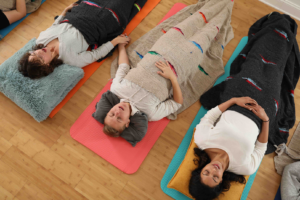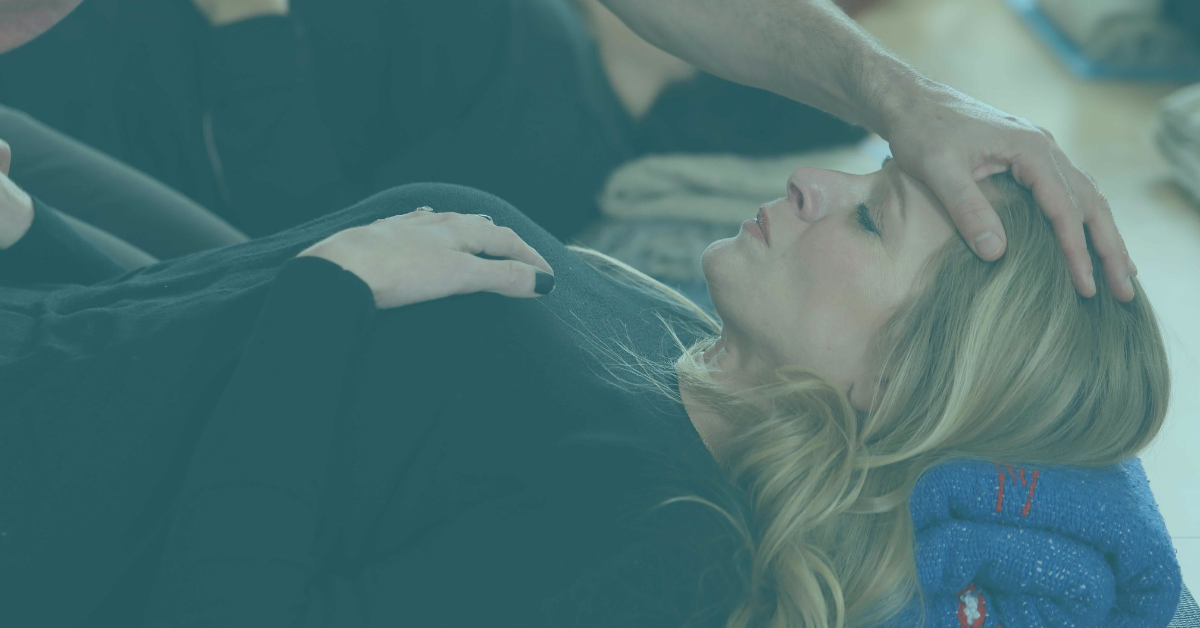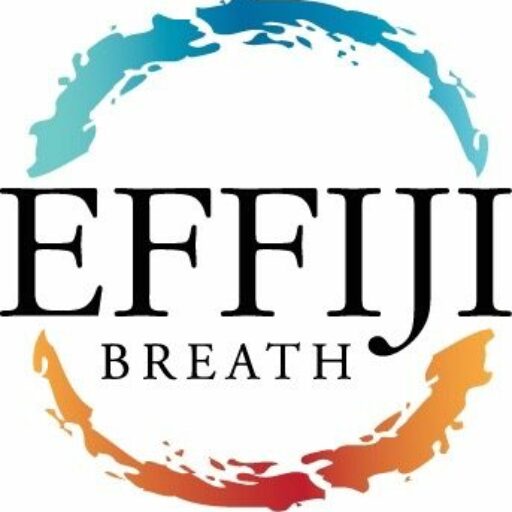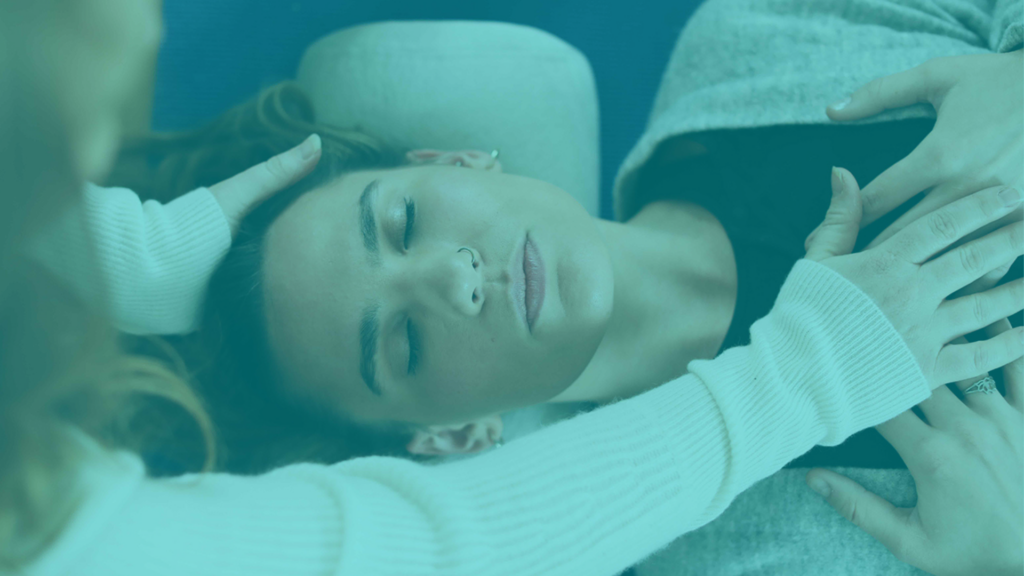Is breathwork dangerous? The safety of breathwork is a hot topic. Many systems of breathwork have been developed since breath goes back to the dawn of man. Breathwork is a generic term that is exactly what it sounds like – breath and work.
Breathwork is working with your breath. Since breathing can be both automatic and unconscious and something you can choose to do, choosing to breathe is the essence of breathwork. Each system of breathwork has a different focus. Some like pranayam practices are considered to be sacred and powerful in a way that they are only given out when the student is ready. But none are more controversial than the family of mouth breathing practices that Effiji Breath comes from.
My first experience of doing this type of rapid mouth breathing happened in 1990 in Canada. That single experience (which I have documented in another blog post) changed my life so deeply that here I am 30 years later, the founder of my own style called Effiji Breath.
After breathing hundreds of times myself, trying out all the other techniques and facilitating thousands of sessions, in 2001 I came up with what I think is the perfect, safest, fastest and most powerful method for gaining the benefit that breathwork offers.
Those benefits being mental clarity, energy, joy and health.
Not only do I think it is safe, but actually an effective preventative measure for physical health. Effiji Breath, at its core, is using the fundamental building block of life, your breath; extracting its power so it becomes your superpower.
Like itself, the breath holds a potential which the ancients call Qi, or life giving force, but it is up to you to extract and use its potential.
During an Effiji Breath session you are practicing a sustained hyperventilation. Hyperventilation in the medical world is a term that refers to breathing rapidly and changing the ratio between oxygen and carbon dioxide in your blood. The actual dictionary definition is this: a condition characterized by abnormally prolonged and rapid breathing, resulting in decreased carbon dioxide levels and increased oxygen levels that produce faintness, tingling of the fingers and toes, and, if continued, alkalosis and loss of consciousness.
Sounds scary yet the word is two things, hyper and ventilation. Hyper, or more than enough, and ventilation, which is breathing. It’s not nearly as scientific or as scary as it’s made out to be. I believe the negative association relates to the fact that most people hyperventilate as an involuntary response to the arising of panic or trauma. With Effiji Breath this is a conscious choice to breathe and allow what occurs.
It is not a reaction to something frightening.
The most common question I’ve been asked over these last 30 years has been about hyperventilation. In the ten years from 1991-2001 that I was developing Effiji I never once had anyone have any medical issue come up during the breath or develop one after. I never once thought there was anything dangerous about it and nor did the people I breathed.
I moved to San Francisco and opened my second healing center in 1996 in the area of Pacific Heights where there were several hospitals. At least once a week for about 4 years I would have doctors come to my class and argue that I was doing something dangerous because it was hyperventilation. They would discuss this condition called alkalosis where the carbon dioxide and oxygen ratio would change. I would simply offer them the choice to try it or not. I never had one person leave or complain because of the effects of hyperventilation.
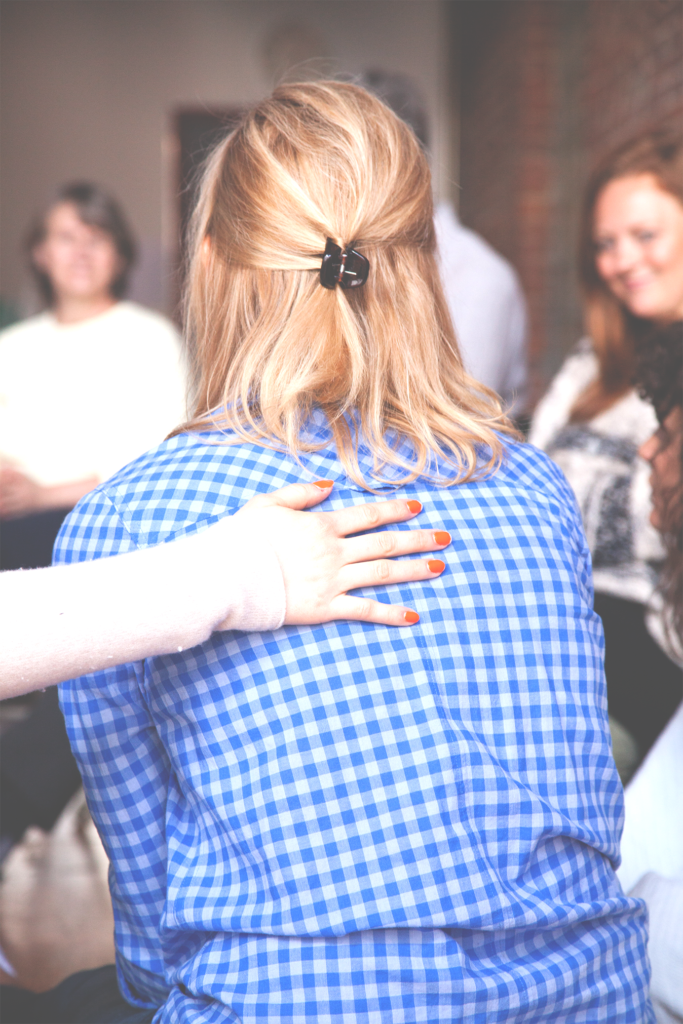
What may happen when you sustain a conscious hyperventilation is an experience called tetany where the hands can cramp and curl. If you have practiced Effiji you probably have had this experience the first several times you did the practice. During my discussions with doctors, their argument was that tetany was a result of alkalosis.
My explanation for tetany is that when you breathe like this you are opening up the body to release pent up and stored programming. If it can’t release through the extremities as quickly as it arises you will get some tetany. The analogy I use is if you were to run water through a dry riverbed it would pick up all the debris at the bottom of the river and make a damn at the end. Tetany is simply energetic debris clearing out.
After the energy has cleared out you won’t get tetany anymore.
The first time I did breathwork I had very strong tetany. Now, it’s impossible for me to get it. Tetany is a result of repression and at that time I had a lot. The breathwork is what cleared it out and allowed me to become more free in my mind and body. It is quite simple. If you repress your energy it will become locked up and pent up inside.
You will know it as the aches and pains, headaches, inflexibility and lethargy. Repressing your energy eventually leads to disease. Headaches become migraines, lethargy becomes chronic fatigue, repressed emotion becomes disease big and small from depression to cancer. I value western medicine and do not claim to be an expert, but I can say that hyperventilation and tetany are harmless because I have worked with tens of thousands of people and never have I once seen someone have any long term problems because of it. Cramping during the breath and perhaps some muscle soreness the first few times you do it, but nothing more.
Of course, promising cures is not only illegal, it robs people of making the choice as to whether they want to do a practice that involves hyperventilation or not. If you are thinking about this and have read about the benefits, let me lay out for you further why the practice is safe :
A person with trauma usually has fears and phobias that cause he or she to have panic attacks. When triggered that person’s body begins to hyperventilate. It is not a conscious choice but a reaction because the body is bringing up a memory of previous trauma.
During an Effiji breathwork session you are doing a conscious hyperventilation. It is your choice and your action that is causing the energy to change in you. I had a client who was a flight attendant and had been in a plane crash. That event literally grounded her life. There was no way she was ever going to fly again but her parents lived in a different state. The question is how can you release a trauma pattern safely so you can live a normal life? This is the true purpose of an Effiji breath practice; to allow the trauma pattern to arise so that it’s cleared out forever.
Healing is not something you are going to do by yourself.
With Effiji Breath the guide is something that we strongly value because you need an advocate, someone who knows how to guide you, care about you and keep you safe. All trauma involves a sense of being unsafe and alone. Effiji Breath is not a practice you do alone. The guide is there to make sure you go through the experience safely regardless of what arises. What arises is the past not the present. It is memory in the body and it is this memory that will bring up strong thoughts, emotions and physical sensations as well as tetany. Keep breathing and it will clear.
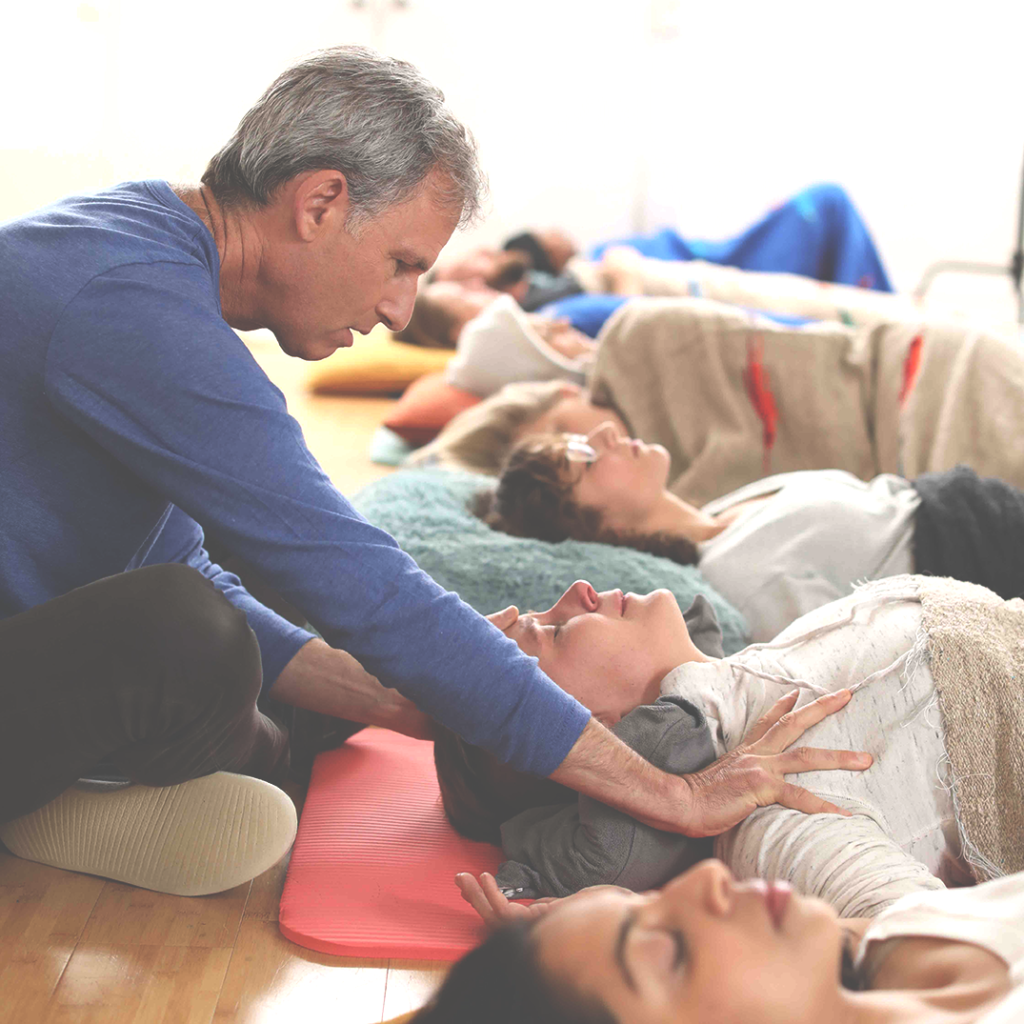
With Effiji Breath the guide is something that we strongly value because you need an advocate, someone who knows how to guide you, care about you and keep you safe. All trauma involves a sense of being unsafe and alone. Effiji Breath is not a practice you do alone. The guide is there to make sure you go through the experience safely regardless of what arises. What arises is the past not the present. It is memory in the body and it is this memory that will bring up strong thoughts, emotions and physical sensations as well as tetany. Keep breathing and it will clear.

So.... Is breathwork dangerous?
Most breathwork practices are safe to do on your own. You can experiment. While I tend to advocate having teachers and guides and not to use books, I think it’s safe to get a book on breathing practices and try them out on your own. You are unlikely to come to any difficulty. If you do, you can do less, stop, try something else or go find a teacher who can help you sort out what will be of benefit.
Every practice has its purpose and value. You have to decide what your goal is and then proceed. Effiji Breath, and most mouth breathing techniques that I am aware of, involve the deep release of old patterns, programs and traumas. I feel strongly that this is not something you should do on our own for two reasons; You are dealing with hidden unconscious programming. It is hidden for a reason. If you take up a practice on your own, your unconscious will prevent you from “going there”. In fact, doing it on your own will reinforce the power of those programs that you are trying to clear. The second reason not to do it on your own is that if somehow you manage to get around those programs and are unable to clear out or get out of what comes up, you will be adding new layers to the pattern.
Breathwork is not dangerous with proper guidance.
The stigma that is associated with hyperventilation is something that I hope will change with time as people more and more are looking for natural and healthy ways to improve themselves and their lives.
Taking in more breath than normal with proper and safe guidance is the most effective way to self improve. If I didn’t feel that way I wouldn’t be here 30 years later talking about it.
